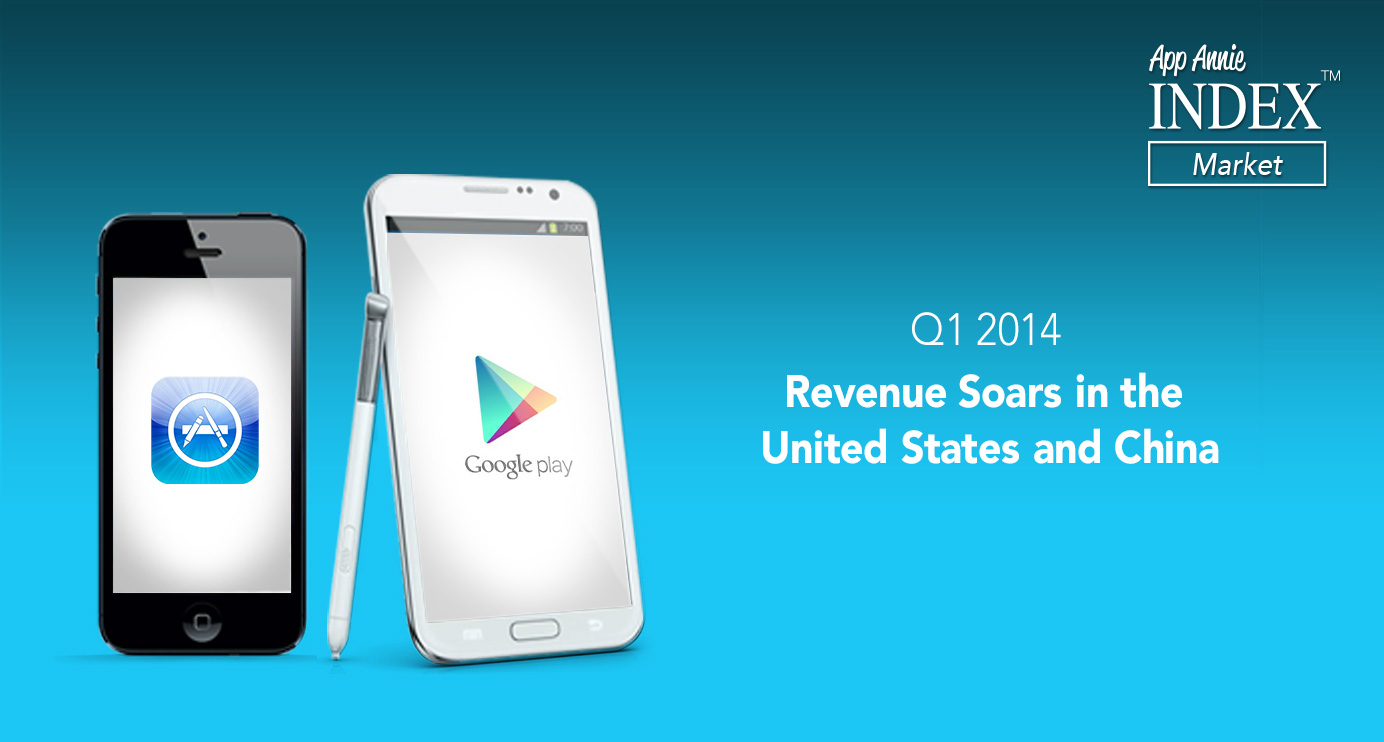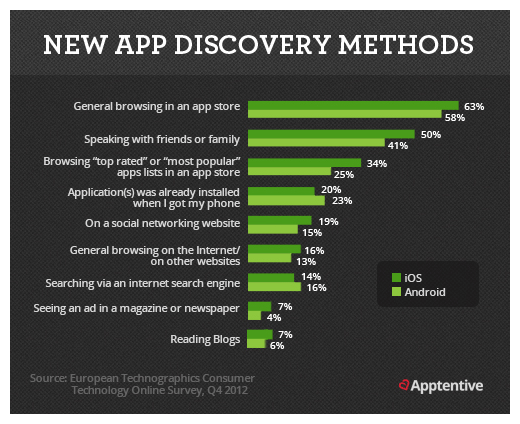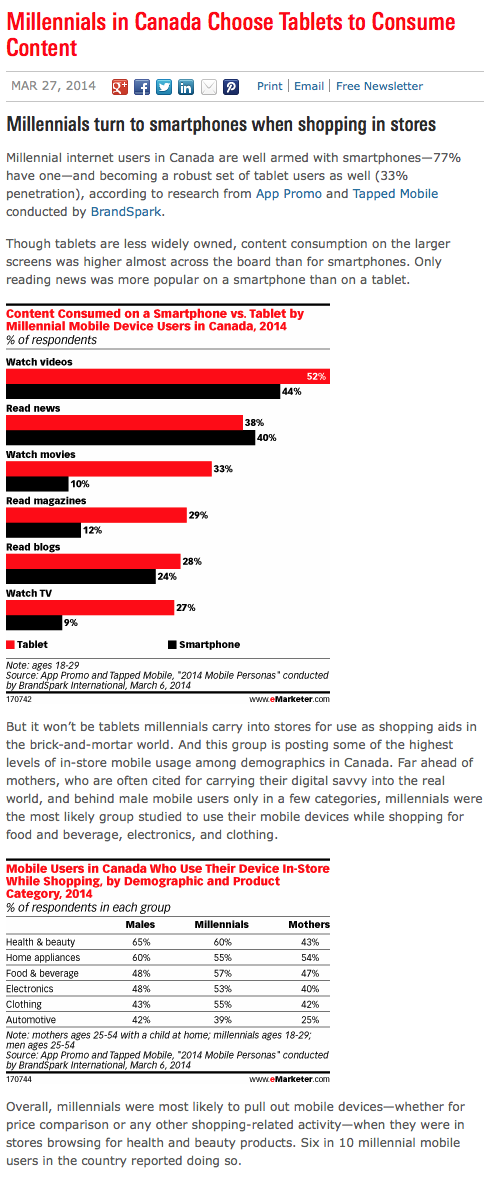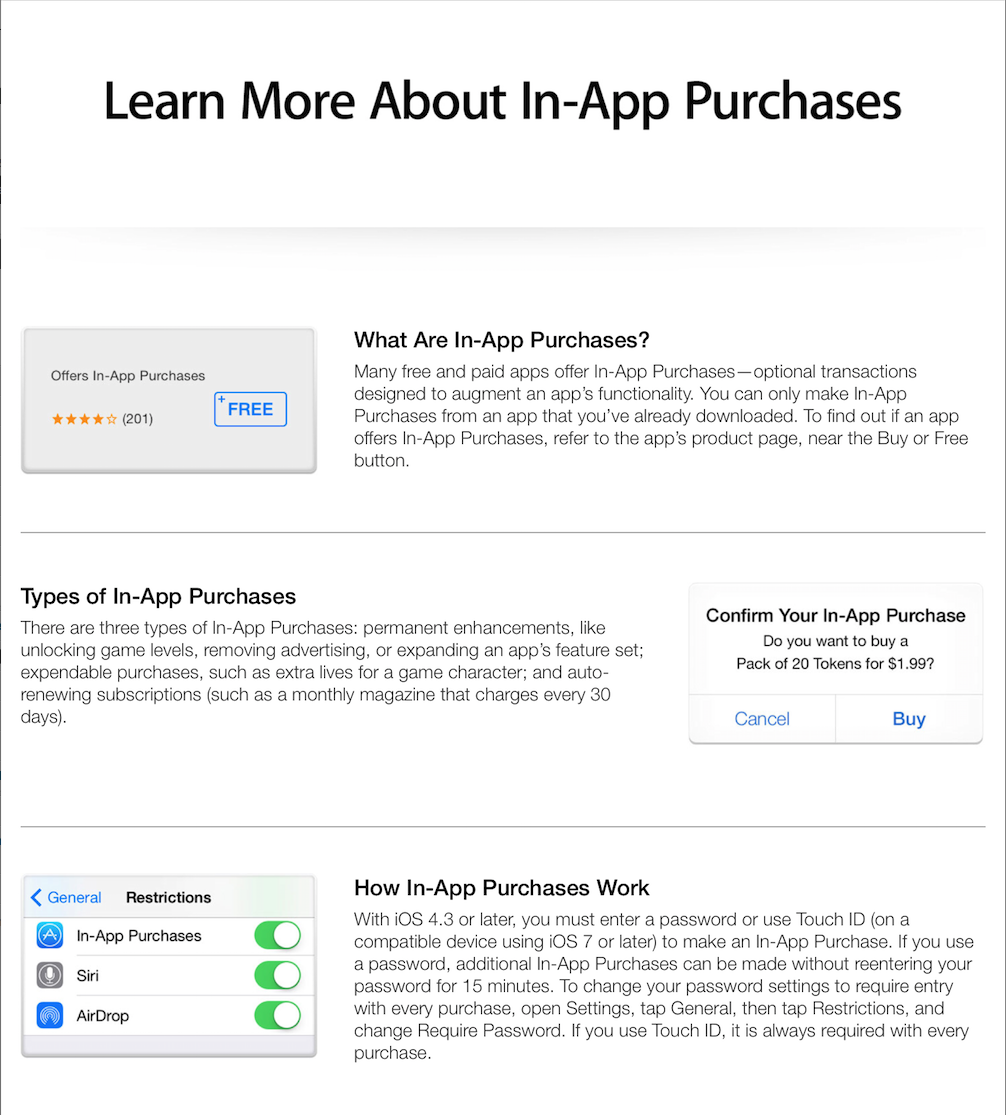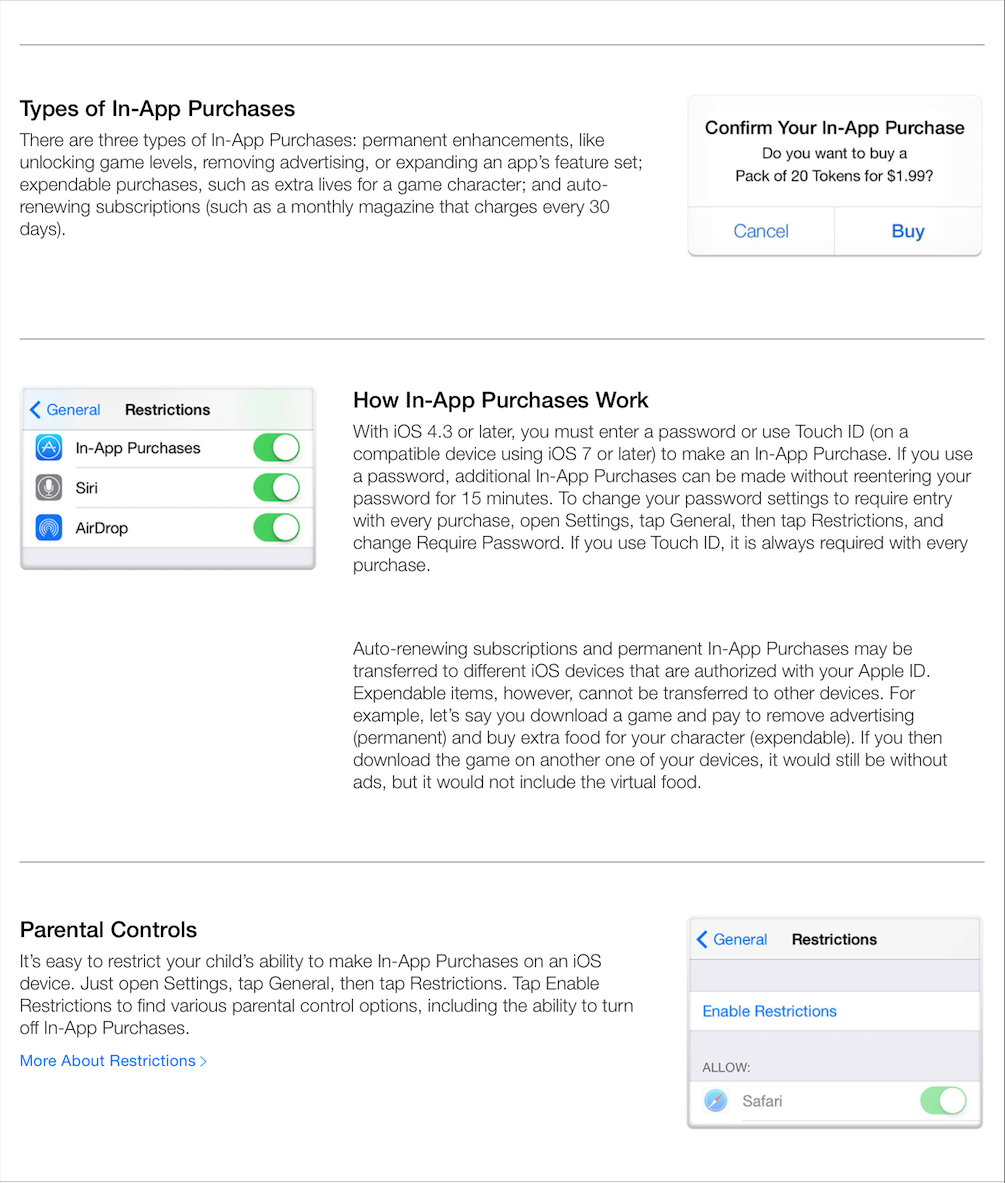@Appromo would like to share with our clients and readers a recent update in the Google Play Developer Program. Please find enclosed the updated policies:

The policies listed below play an important role in maintaining a positive experience for everyone using Google Play. Defined terms used here have the same meaning as in the Developer Distribution Agreement. Be sure to check back from time to time, as these policies may change.
Content Policies
Our content policies apply to any content your app displays or links to, including any ads it shows to users and any user-generated content it hosts or links to. Further, they apply to any content from your developer account which is publicly displayed in Google Play, including your developer name and the landing page of your listed developer website. In addition to complying with these policies, the content of your app must be rated in accordance with our Content Rating Guidelines.
- Sexually Explicit Material: Apps that contain or promote pornography are prohibited; this includes sexually explicit or erotic content, icons, titles, or descriptions. Google has a zero-tolerance policy against child sexual abuse imagery. If we become aware of content with child sexual abuse imagery, we will report it to the appropriate authorities and delete the Google Accounts of those involved with the distribution.
- Violence and Bullying: Depictions of gratuitous violence are not allowed. Apps should not contain materials that threaten, harass or bully other users.
- Hate Speech: We don’t allow content advocating against groups of people based on their race or ethnic origin, religion, disability, gender, age, veteran status, or sexual orientation/gender identity.
- Impersonation or Deceptive Behavior: Don’t pretend to be someone else, and don’t represent that your app is authorized by or produced by another company or organization if that is not the case. Products or the ads they contain also must not mimic functionality or warnings from the operating system or other apps. Products must not contain false or misleading information in any content, title, icon, description, or screenshots. Developers must not divert users or provide links to any other site that mimics or passes itself off as another app or service. Apps must not have names or icons that appear confusingly similar to existing products, or to apps supplied with the device (such as Camera, Gallery or Messaging).
- Intellectual Property: Don’t infringe on the intellectual property rights of others, (including patent, trademark, trade secret, copyright, and other proprietary rights), or encourage or induce infringement of intellectual property rights. We will respond to clear notices of alleged copyright infringement. For more information or to file a DMCA request, please visit our copyright procedures.
- Personal and Confidential Information: We don’t allow unauthorized publishing or disclosure of people’s private and confidential information, such as credit card numbers, government identification numbers, driver’s and other license numbers, non-public contacts, or any other information that is not publicly accessible.
- Illegal Activities: Keep it legal. Don’t engage in unlawful activities on this product, such as the sale of prescription drugs without a prescription.
- Gambling: We don’t allow content or services that facilitate online gambling, including but not limited to, online casinos, sports betting and lotteries, or games of skill that offer prizes of cash or other value.
- Dangerous Products: We don’t allow content that harms, interferes with the operation of, or accesses in an unauthorized manner, networks, servers, or other infrastructure.
-
- Don’t transmit or link to viruses, worms, defects, Trojan horses, malware, or any other items that may introduce security vulnerabilities to or harm user devices, apps, or personal data.
- Apps that collect information (such as the user’s location or behavior) without the user’s knowledge (spyware) are prohibited.
- Malicious scripts and password phishing scams are also prohibited on Google Play, as are apps that cause users to unknowingly download or install apps from sources outside of Google Play.
- An app downloaded from Google Play may not modify, replace or update its own APK binary code using any method other than Google Play’s update mechanism.
- System Interference:
-
- An app downloaded from Google Play (or its components or derivative elements) must not make changes to the user’s device outside of the app without the user’s knowledge and consent.
- This includes behavior such as replacing or reordering the default presentation of apps, widgets, or the settings on the device. If an app makes such changes with the user’s knowledge and consent, it must be clear to the user which app has made the change and the user must be able to reverse the change easily, or by uninstalling the app altogether.
- Apps and their ads must not modify or add browser settings or bookmarks, add homescreen shortcuts, or icons on the user’s device as a service to third parties or for advertising purposes.
- Apps and their ads must not display advertisements through system level notifications on the user’s device, unless the notifications derive from an integral feature provided by the installed app (e.g., an airline app that notifies users of special deals, or a game that notifies users of in-game promotions).
- Apps must not encourage, incentivize, or mislead users into removing or disabling third-party apps except as part of a security service provided by the app.
Network Usage and Terms
Apps must not create unpredictable network usage that has an adverse impact on a user’s service charges or an Authorized Carrier’s network. Apps also may not knowingly violate an Authorized Carrier’s terms of service for allowed usage or any Google terms of service.
Spam and Placement in the Store
Developers are important partners in maintaining a great user experience on Google Play.
- Do not post repetitive content.
- Do not use irrelevant, misleading, or excessive keywords in apps descriptions, titles, or metadata.
- Developers must not attempt to change the placement of any Product in the Store, or manipulate any product ratings or reviews by unauthorized means such as fraudulent installs, paid or fake reviews or ratings, or by offering incentives to rate products.
- Apps that are created by an automated tool or wizard service must not be submitted to Google Play by the operator of that service on behalf of other persons.
- Do not post an app where the primary functionality is to:
- Drive affiliate traffic to a website or
- Provide a webview of a website not owned or administered by you (unless you have permission from the website owner/administrator to do so)
- Do not send SMS, email, or other messages on behalf of the user without providing the user with the ability to confirm content and intended recipient.
App Promotion
Apps published on Google Play may not directly or indirectly engage in or benefit from the following behavior:
- Promotion via deceptive ads on websites, apps or other properties, including simulated system, service, or app notifications or alerts.
- Promotion or install tactics which cause redirection to Google Play or the download of the app without informed user action.
- Unsolicited promotion via SMS services.
It is your responsibility to ensure that no ad network or affiliate uses such methods to direct users to pages that make your app available for download.
Paid and Free Apps
- App purchases: Developers charging for apps and downloads from Google Play must do so by using Google Play’s payment system.
- In-app purchases:
-
- Developers offering virtual goods or currencies within a game downloaded from Google Play must use Google Play’s in-app billing service as the method of payment.
- Developers offering additional content, services or functionality within another category of app downloaded from Google Play must use Google Play’s in-app billing service as the method of payment, except:
- where payment is primarily for physical goods or services (e.g., buying movie tickets, or buying a publication where the price also includes a hard copy subscription); or
- where payment is for digital content or goods that may be consumed outside of the app itself (e.g., buying songs that can be played on other music players).
- Developers must not mislead users about the apps they are selling nor about any in-app services, goods, content or functionality they are selling. If your product description on Google Play refers to in-app features to which a specific or additional charge applies, your description must clearly notify users that payment is required to access those features.
Subscriptions and Cancellations
Google’s subscription cancellation policy is that a user will not receive a refund for the current billing period when canceling a subscription, but will continue to receive issues and updates of the relevant subscription content (if any) for the remainder of the billing period, regardless of the cancellation.
You (as the content or access provider) may implement a more flexible refund policy with your users directly, and it is your responsibility to notify your users of those policies and ensure that the policies comply with applicable law.
Ad Policy
The policy below covers all ads that are implemented in and bundled with apps. These rules are important in maintaining a positive experience for everyone using Android apps from Google Play. Be sure to check back from time to time, as these policies may change.
- Developer Terms apply to the entire user experience of your app
Please be aware that Google’s Developer Distribution Agreement and Developer Program Policies (together, “Developer Terms”) apply to each app as well as any ads or third-party libraries bundled or made available through the app. Offer your users a consistent, policy compliant, and well communicated user experience.Ads are considered part of your app for purposes of content review and compliance with the Developer Terms. Therefore all of the policies referenced above also apply. Please take care to use advertising which does not violate the Developer Terms.Ads which are inconsistent with the app’s content rating also violate our Developer Terms.
-
Ads Context
Ads must not simulate or impersonate the user interface of any app, or notification and warning elements of an operating system. It must be clear to the user which app each ad is associated with or implemented in.
-
Ad Walls and Interstitial Ads
Interstitial ads may only be displayed inside of the app they came with. Forcing the user to click on ads or submit personal information for advertising purposes in order to fully use an app is prohibited. A prominent and accessible target must be made available to users in any interstitial ad so they may dismiss the ad without penalty or inadvertent click-through.
-
Interfering with Apps and Third-party Ads
Ads associated with your app must not interfere with other apps or their ads.
-
Usage of Android advertising ID
Google Play Services version 4.0 introduced new APIs and an ID for use by advertising and analytics providers. Terms for the use of these APIs and ID are below.
- Usage. The Android advertising identifier must only be used for advertising and user analytics. The status of the “Opt out of Interest-based Advertising” setting must be verified on each access of the ID.
- Association with personally-identifiable information or other identifiers. The advertising identifier must not be connected to personally-identifiable information or associated with any persistent device identifier (for example: SSAID, MAC address, IMEI, etc.,) without the explicit consent of the user.
- Respecting users’ selections. Upon reset, a new advertising identifier must not be connected to a previous advertising identifier or data derived from a previous advertising identifier without the explicit consent of the user. Furthermore, you must abide by a user’s “opt out of interest-based advertising” setting. If a user has enabled this setting, you may not use the advertising identifier for creating user profiles for advertising purposes or for targeting users with interest-based advertising. Allowed activities include contextual advertising, frequency capping, conversion tracking, reporting and security and fraud detection.
- Transparency to users. The collection and use of the advertising identifier and commitment to these terms must be disclosed to users in a legally adequate privacy notification.
- Abiding by the terms of use. The advertising identifier may only be used in accordance with these terms, including by any party that you may share it with in the course of your business. Beginning August 1st 2014, all updates and new apps uploaded to the Play Store must use the advertising ID (when available on a device) in lieu of any other device identifiers for any advertising purposes.
Policy Enforcement
In the event that your app is removed from Google Play, you will receive an email notification to that effect. If you have any questions or concerns regarding a removal or a rating/comment from a user, you may contact us at http://support.google.com/googleplay/android-developer. Serious or repeated violations of the Developer Distribution Agreement or this Content Policy will result in account termination. Repeated infringement of intellectual property rights, including copyright, will also result in account termination. For more information on Google’s copyright policies, please seehere.





